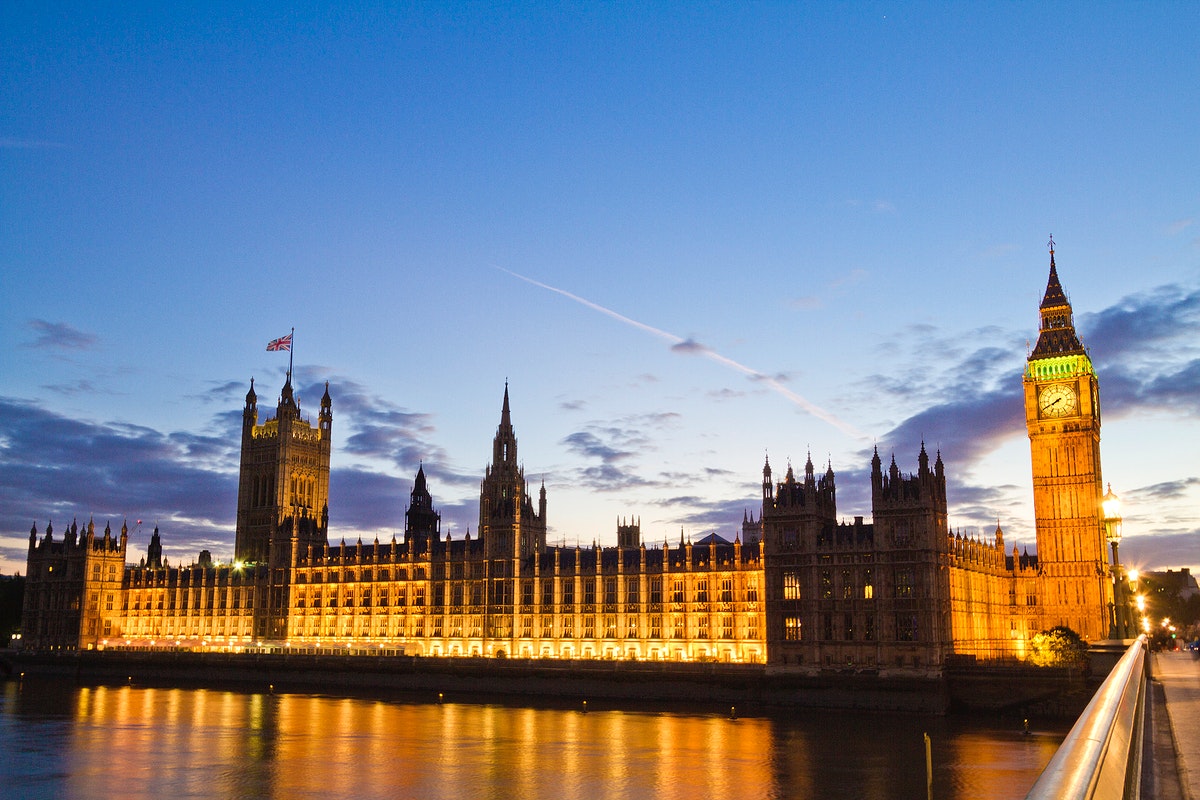The government has today announced £2.1 billion of funding for local projects, covering projects from Cornwell to Gateshead, as part of its’ levelling up agenda.
However, Labour immediately attacked the allocation of funds, claiming that more money is being spent in London and the South-East of England than in less affluent areas in the north and midlands.
For example, Labour say that more money has been given to the London boroughs than both Yorkshire and the north-east of England, including £7 million given to the Camden – where Labour leader Sir Keir Starmer has his constituency – to support cycling and walking infrastructure and local GP services.
Lisa Nandy MP, Shadow Levelling Up Secretary, criticised the Government, saying the levelling up agenda, had been “beset by delays” and pitted communities against communities in a “Hunger Games-style contest”.
She commented: “The Levelling Up Fund is in chaos, beset by delays and allegations of favouritism. 15 months after the first round of allocations, just 5 per cent of the money has made it to the communities who were promised it. And despite today’s announcement, communities across the country are still paying a Tory premium for the last 13 years.
“It takes an extraordinary arrogance to expect us to be grateful for a partial refund on the money they have stripped out of our communities, which has decimated vital local services like childcare, buses and social care.
“It is time to end this Hunger Games-style contest where communities are pitted against one another and Whitehall ministers pick winners and losers. That’s why Labour has set out plans for the biggest ever transfer of power out of Westminster, so local leaders can harness the skills and assets in their area to drive growth, and all people in all parts of Britain are given the backing to make a contribution.”
Dismissing her criticisms, Levelling Up Secretary Michael Gove defended the allocation, telling BBC Radio 4s Today Programme, that based on “per capita” or per head of population the North West, North East and Wales received more money.
He also said there were parts of southern England such as the Kent coast which had “real deprivation” and needed the extra investment.
A total of 111 areas across the UK have been awarded money from the second round of the government’s Levelling Up Fund, including the £50 million for the Eden Project in Morecambe in Lancashire, £50 million to build a new direct train service linking Cornwall’s largest urban areas, £40million for a carbon-neutral education campus in Blackpool town centre and £5.1 million to build new female changing rooms in 20 rugby clubs across Northern Ireland.
Also benefiting is the Prime Minister’s own constituency of Richmond, in North Yorkshire, which has been awarded £19million to develop the Catterick Garrison town centre.
The Local Government Association, welcomed the additional funding, however, called for reforms to the bidding process arguing it was too costly and warned that high inflation was making delivering the projects on time and budget “challenging”.
Cllr Kevin Bentley, Chairman of the LGA’s People and Places Board, added: “This latest round of levelling up funding will give those councils who were successful the ability to forge ahead with ambitious plans to transform their communities and improve the lives of residents.
“Fulfilling these projects has become more challenging due to rising inflation and costs, particularly in the building industry, impacting on their potential to be fully realised.
“Levelling up should be locally led by evidence of where crucial investment needs to go to, not based on costly competitive bids between areas.
“This is not a sustainable approach to economic development or public service delivery, as it falls short of the challenge set out by the Levelling Up White Paper and the ambitions of local leaders for their residents and places.
“The Government must boost local productivity and save money, through building on the White Paper’s commitment to streamline the long list of individual local growth funds.
“Local government must be trusted with the powers and funding to deliver for their communities.”
Ends


